In the wake of the Kentucky Derby, questions are swirling regarding the racing industry’s treatment of horses.
Seven horses died in the leadup to the Derby, while five others were sidelined due to veterinarian concerns. A fifth was disqualified after Derby owner Churchill Downs suspended trainer Saffie Joseph Jr. indefinitely due to the “unexplained sudden deaths” of two of his horses.
“While each incident reported has been unique, it is important to note that there has been no discernible pattern detected in the injuries sustained,” Churchill Downs said in a statement. “Our track surfaces are closely monitored by industry experts to ensure their integrity.”
There have been few answers as to who to blame for the spate of deaths and injuries.
The sport has faced issues around doping in recent years — most notably through the ban of trainer Bob Baffert, whose horses have won a record six Kentucky Derbies, seven Preakness Stakes, three Belmont Stakes, and three Kentucky Oaks.
The race, however, remains as popular as ever. Churchill Downs announced a crowd of 150,335 and a record betting handle of $288.7 million — though total racing handle slipped from $15 billion in 2002 to $12 billion last year.
The number of registered thoroughbred foals has fallen by nearly half in that time, while the number of registered stallions has dropped to around a quarter of what it was 20 years ago.
However, the global horse racing market was estimated to be worth $402.3 billion, with projections to reach $793.9 billion by 2030.
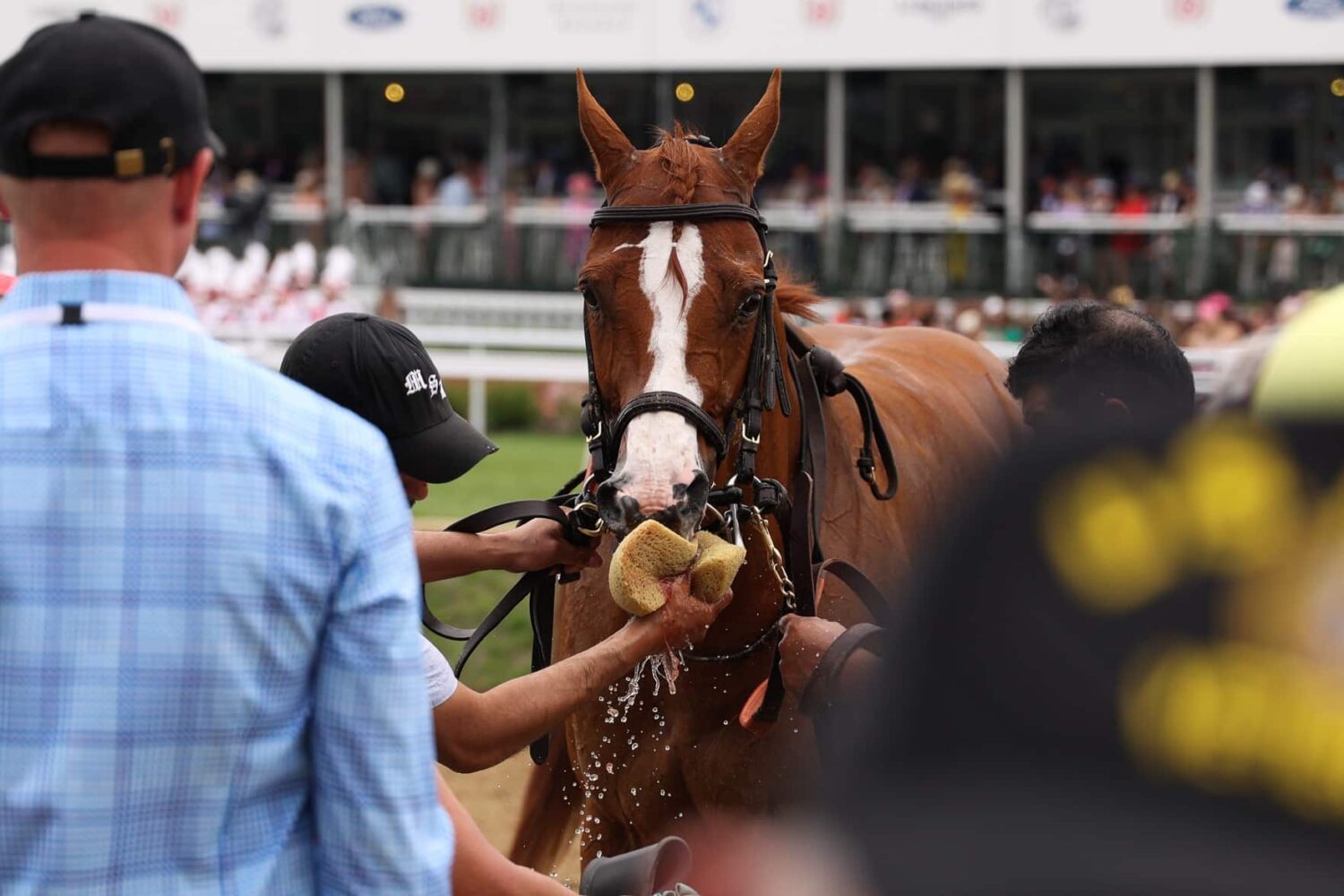
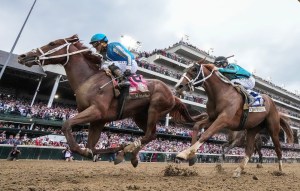


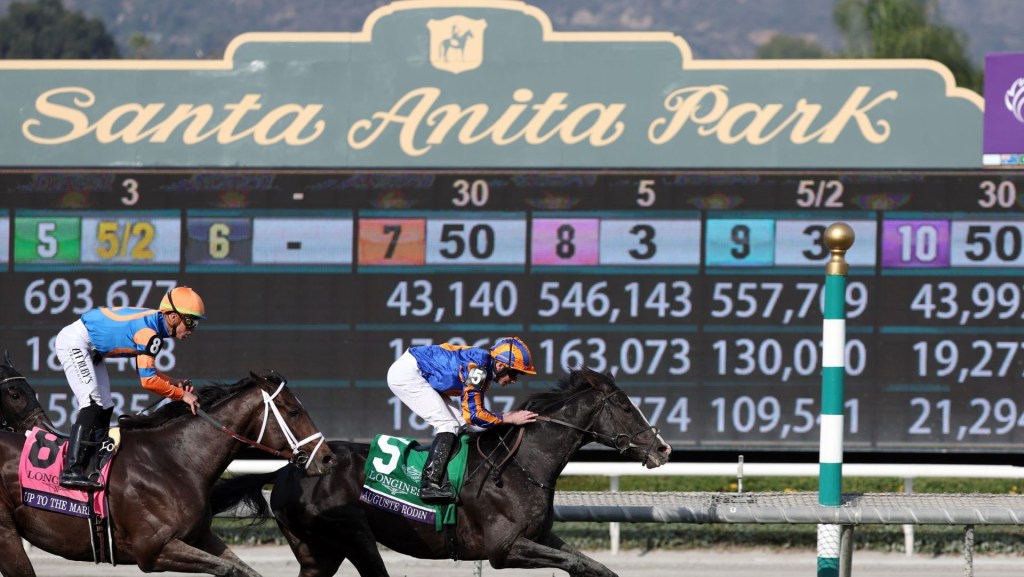

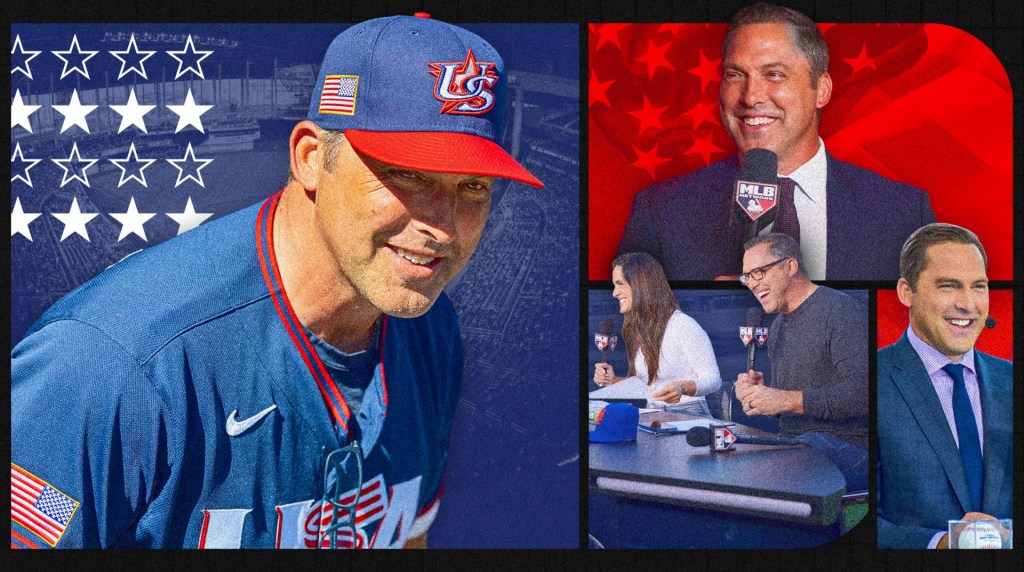


![[Subscription Customers Only] Jun 15, 2025; Seattle, Washington, USA; Botafogo owner John Textor inside the stadium before the match during a group stage match of the 2025 FIFA Club World Cup at Lumen Field.](https://frontofficesports.com/wp-content/uploads/2026/02/USATSI_26465842_168416386_lowres-scaled.jpg?quality=100&w=1024)





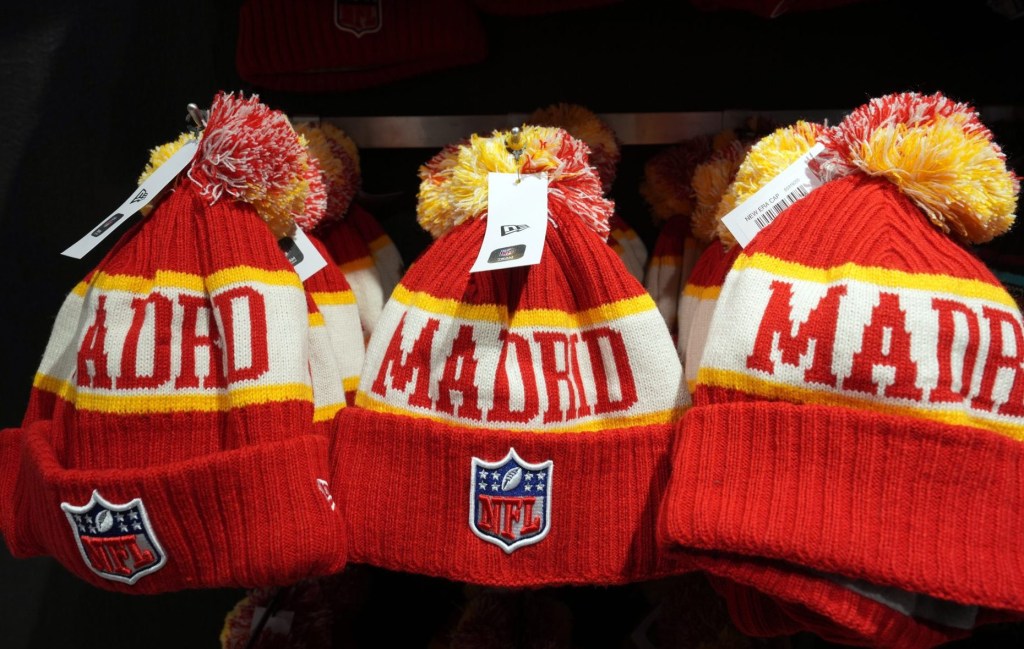
![[US, Mexico & Canada customers only] Feb 6, 2026; Riyadh, SAUDI ARABIA; Jon Rahm in action during the third round of play at LIV Golf Riyadh at the Riyadh Golf Club.](https://frontofficesports.com/wp-content/uploads/2026/03/USATSI_28173562_168416386_lowres-scaled.jpg?quality=100&w=1024)

